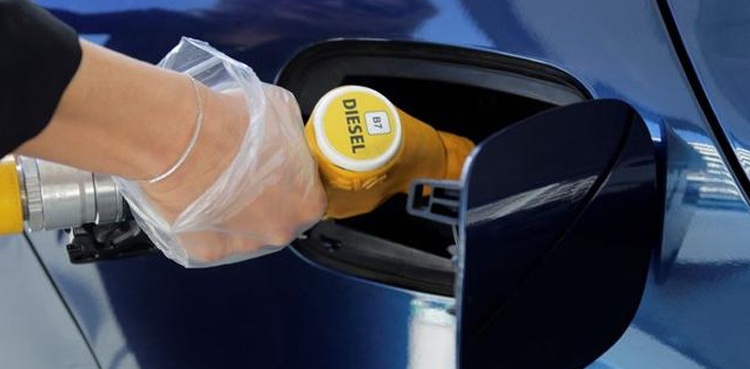
Oil futures edged up less than 1% on Tuesday ahead of a meeting of OPEC+ producers this week that may not lead to a further boost in crude supply amid concerns a possible global recession could limit energy demand.
Brent futures rose 51 cents, or 0.5%, to settle at $100.54 a barrel, while U.S. West Texas Intermediate (WTI) crude rose 53 cents, or 0.6%, to settle at $94.42.
Also giving oil prices a slight lift were analyst expectations that U.S. crude inventories declined by around 600,000 barrels last week.
The American Petroleum Institute (API), an industry group, will issue its U.S. inventory report at 4:30 p.m. EDT (2030 GMT). The U.S. Energy Information Administration (EIA) reports at 10:30 a.m. EDT (1430 GMT) on Wednesday.
The Organization of the Petroleum Exporting Countries and allies including Russia, known as OPEC+, meet on Wednesday. Two of eight sources said a modest output hike would be discussed. The rest said a boost was unlikely.
OPEC+ trimmed its forecast for an oil market surplus this year by 200,000 barrels per day (bpd) to 800,000 bpd, three delegates told Reuters.
“Energy traders are growing confident that OPEC+ will resist calls for increasing their output,” said Edward Moya, senior market analyst at data and analytics firm OANDA.
Russia’s invasion of Ukraine in February fed worries about global oil supply and sent prices soaring to near record highs. But with central banks raising interest rates to fight inflation, worries about slowing growth have eclipsed tight supply.
Surveys showed factories across the United States, Europe and Asia struggled for momentum in July as flagging global demand and China’s strict COVID-19 restrictions slowed production.
“These readings did nothing to mitigate the fears of recession,” said Tamas Varga at oil broker PVM.
Also casting a cloud over the market were worries that U.S. Speaker of the House Nancy Pelosi’s visit to Taiwan will escalate tensions between the United States and China. China put its military on high alert and said it will launch “targeted military operations” in response to the visit.
The United States, meanwhile, imposed sanctions on Chinese and other firms it said helped to sell tens of millions of dollars in Iranian oil and petrochemical products to East Asia. Washington is trying to raise pressure on Tehran to curb its nuclear program.
The head of the U.N. nuclear watchdog said: “good words” from Iran are not enough to satisfy international inspectors and he hopes Tehran is ready to be transparent about its nuclear program.
Analysts have said a nuclear deal with Iran could add about 1 million bpd of crude to the world supply.
Also Read: Global oil prices rise for a second day due to supply concerns
In Venezuela, meanwhile, outages disrupting the country’s power and gas supplies to state-run energy firm PDVSA hit July oil exports, contributing to a 27% fall from the previous month.
from ARY NEWS https://ift.tt/kXDE9N8
